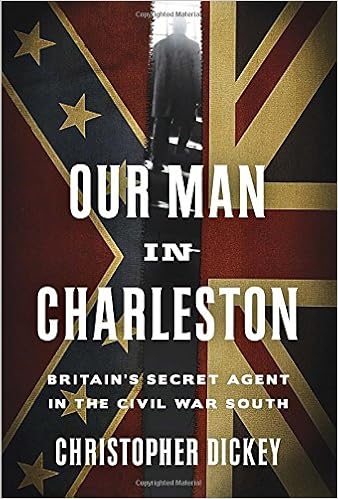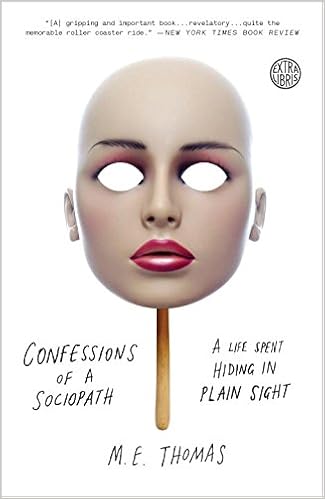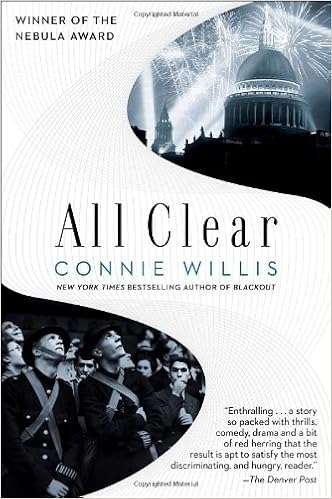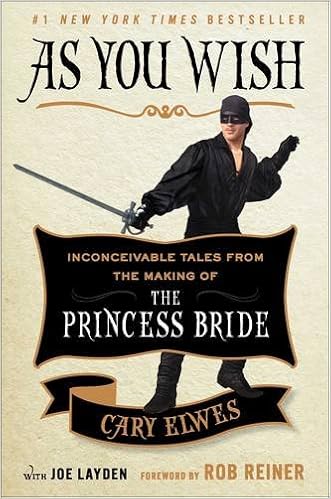The Rebels have just barely escaped the disaster at Hoth and the fleet is split up in pieces around the galaxy for its protection. Leia is on a ship, whose main objective is to protect her, which she understands, but frustrates her when they come under attack and are forced to flee leaving men behind because of her. Walking on the ship she sees a seriously wounded rebel who struggles to salute her. She knows that it would be a dishonor to the woman to tell her not to. She is then told that, thankfully, she is being sent to Zastiga. Her friend, an old smuggler pilot, Niem, is taking her there along with C-3PO.
When she arrives she meets Luke, who still does not have lightsaber, and seems different somehow. They are both worried about Han and have been trying to track down where Bobba Fett has him now. As soon as they find him, they will launch a rescue mission. Lando is in Hutt's place seeing what he can find out. Luke is sticking around for now, though he tells her he has "a promise to keep to an old friend". He is now flying, but has left the red squadron with Wedge in control.
Leia goes into a secret room where the "top brass" are meeting. Mon Mothma, the leader of the rebellion tells them that they have word that the Empire has already begun construction on a new Death Star, even more deadlier that the last, and it is being built above the moon of Endor. The problem is getting all those ships over there to this secret hyperspace route without the Empire knowing. Leia has a plan. She will take a ship to the other side of the galaxy on a 'recruiting mission' and place space buoys in the area to lure ships. The rebels will use codes they know the Empire has figured out, but don't know they know, so the Empire will be able to listen. Word about this mission will be leaked to send more Empire troops to the area and divert their attention. Unfortunately, any ships that show up will probably be destroyed by the Empire, if they show up to the rendezvous location. The operation is called Yellow Moon.
Mon Monthma, who knew her father, does not want to send Leia on this mission. She tells Leia that it has been in her plans to help with Solo's escape. Leia explains why she wants to go on this mission. How impotent she feels. Others are fighting and dying for the cause, and for her, while she stands by and watches. She can't do that anymore. If the Empire gets word that she is out there, they will more readily come and take the bait and the mission will be more of a success. The plan moves forward.
Niem is the pilot of his ship, the Mellcrawler. There is also: Kidi, the Cerean communications operator; Antrot, the tinkerer, who was a demolitions expert; and Lokmarcha, the Dressellian commando, who was to protect her. She tells them they are on a recruitment mission to three planets and then meet up at a star system they are calling yellow moon. However, it turns out that Leia isn't the only one who knows their true mission. Lok was part of the briefing, as he was going to be sent to Endor, but was sent to Leia at he last moment. But like Leia, he knows his duty, even if he is a brute.
With the first stop they quickly discover that the rebels have done their work too well. A Star Destroyer is after them with a highly dedicated Captain Khione in charge (a rare female officer). Kidi is upset and believes it is her fault because of the codes and Leia quickly lies to her and tells her she has to use those codes because the planets don't know the new ones yet. This is when they find out that Kidi has memorized all the rebel codes. Which means if she is captured and tortured, this would be disastrous for the Alliance. The same thing pretty much happens at the next planet (with a different story and cool characters) and leaves them feeling guilty (especially Leia) for what they are doing. Now Leia faces a dilemma. Does she tell the crew the truth and let them decide what to do, or continue the mission as planned. What she is doing here will ultimately save hundreds of millions of lives. What is that compared to those few lost here? And what happens if they, especially Leia, get caught?
They set off on a difficult mission that is even more difficult than most of them know. Not all of them will make it back alive. At the beginning of this book it shows General Leia dictating this story to a droid as the beginning of the memoirs she has been putting off writing. At the end, she hopes to show it to the pilot Poe Dammeron to help him understand what duty really means. I guess this book is really about doing your duty, no matter what the cost, when all is said and done. This was a really good read and a neat introduction to how the transition from Empire to Jedi was made behind closed doors.
Note: There are illustrations in this book and I think it is important to note who did them. The artist is Paul Noto who got his start at D.C., various independent comics, and Marvel, where he did work such comics as The Uncanny X-Men, The Avengers, and Black Widow. He also did work for Disney on such epic works as The Lion King, Mulan, Pocahontas, and Lilo and Stitch.
Quotes:
‘Adventures’ is just a different name for ‘terrible ideas’.
--Cecil Castellucci and Jason Fry (Star Wars: Moving Target: A Princess Leia Adventure)
Our mission has had difficulties, but suicide seems like an overreaction.Link to Amazon: https://www.amazon.com/Moving-Target-Princess-Adventure-Journey/dp/1484724976/ref=sr_1_1?s=books&ie=UTF8&qid=1470405282&sr=1-1&keywords=star+wars+moving+target
--Cecil Casellucci and Jason Fry (Star Wars: Moving Target: A Princess Leia Adventure)






